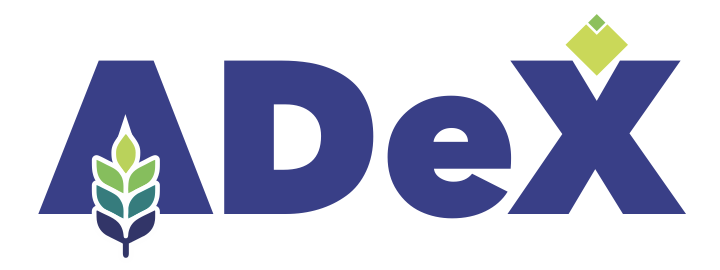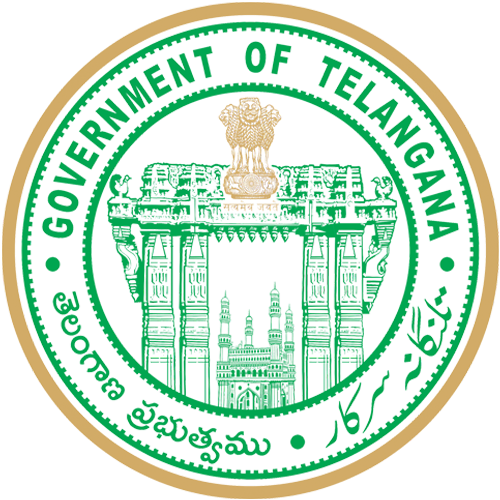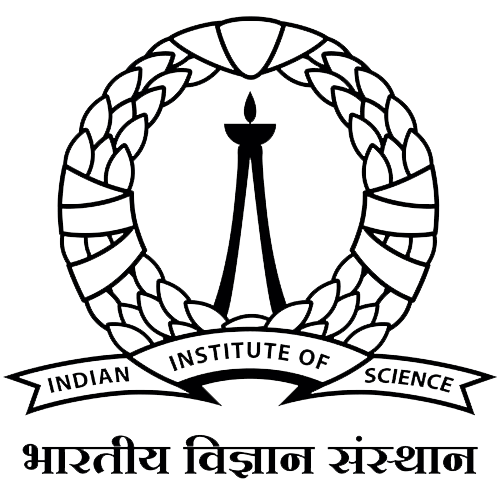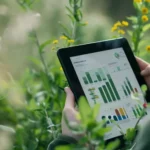We wrote a new chapter in the agricultural history of India in the 1960s with the ‘Green Revolution’. The time has now come to write another chapter by driving value and innovation in agriculture by harnessing the power of data.
India is one of the major players in the agriculture sector worldwide and one cannot deny its importance in the economic and social fabric of the country. It is a major source of livelihood in the country with an estimated 60% of the nation’s workforce engaged in the profession, contributing approximately 17% of gross GDP.
However, we are now facing new and unprecedented challenges, including soil erosion, climate change, depleting water resources, soil degradation and income and well-being of the population dependent on farming, etc. Additionally, the sector grapples with the pressures of increasing population demands and the need for sustainable practices. Furthermore, the rise of pests and diseases resistant to conventional treatments exacerbates the situation, threatening food security and farmers’ livelihoods. The only way to address these challenges is by creating a technology enabled, robust, productive, competitive, diversified, and sustainable system for agricultural practices, and that too at an accelerated pace. Adoption of precision farming techniques, remote sensing, drones, and the promotion of digital platforms for market access and information dissemination also needs to be prioritised.
Data can play a key role in creating this system. With the growth of digital technologies, there is an abundance of data available that can be used to improve agricultural practices and outcomes. The data can help improve agricultural productivity and sustainability and increase the efficiency of agricultural operations by enabling data driven decision-making. Start-ups and developers can use data to create applications to help to increase crop yields, optimise resource management, and mitigate risks associated with weather and climate variability. For example, weather and soil data can be used to make informed decisions about when to plant, irrigate, and harvest crops. Similarly, data can be used to predict pest and disease outbreaks, giving time to take preventive measures.
In addition to this, researchers can use data to come up with innovative solutions to improve agricultural productivity like identifying crop varieties and crop patterns that are more resilient or developing precision agriculture techniques that improve efficiency. The need of the hour is to make this data easily available to researchers, policymakers, and consumers for the development of new technologies and practices and help policymakers to come up with agriculture friendly, relevant and effective policies.
However, there are concerns when it comes to using data in agriculture as some of the data is Personal Identifiable Information (PII). Robust consent mechanisms are needed for seamless flow of data between providers and consumers. As data exchange platforms are an integral part of the India stack, the concept of consent managers and electronic consent artefacts comes into play while one is handling agriculture data.
The concept of a government backed non-profit data exchange platform that allows sharing of public and private data, while enforcing security, consent, and commercial policies, has been successfully deployed in several other sectors. Agricultural Data Exchange (ADeX) brings the same technology to the Agriculture sector, building upon other successful efforts such as India Urban Data Exchange (IUDX). A collaborative initiative of Govt. of Telangana and the Indian Institute of Science (IISc), ADeX has:
- Standardised data models, data quality, and consent mechanisms
- Leveraged the rich data available in the sector for the benefit of farmers, by providing necessary advisories viz., advisories on – soil health, pest prediction, weather forecast/history, crop history, and market conditions, etc.
- Provided access to public private and personal data through a single secure credential
There are several benefits of data exchange for agriculture:
Better productivity: Data exchange can help power various farmer benefit oriented applications so that farmers optimise resource use, reduce waste, and improve crop yields, leading to increased productivity and profitability.
Risk mitigation: By accessing and sharing data on weather patterns, soil health, and pest and disease outbreaks, farmers can take preventive measures to reduce risks and protect their crops.
Innovation: Researchers and other stakeholders can use data to develop new technologies and practices to improve agricultural productivity and sustainability.
Improved policy-making: Policymakers can use data to develop policies that promote food security, sustainable agriculture, and rural development.
At this point of time ADeX is working with use case developers to create solutions in:
Credit/ Finance: The solution allows the Banks/Financial Institutions to weigh in the creditworthiness of the farmer, to disburse loans or provide advances/financial support
Electronic Farm Records: This solution captures all the details of a farmer, the farmland, information on tools and equipment, crop details, etc of the identified farmer/farmland, with a comprehensive archival view. This event based database can further power use cases like Precision based advisory, Smart Insurance, Crop Yield Estimation etc.
Soil health-based advisories: This provides intelligent irrigation planning on the basis of data analytics and corrective action on irrigation. The various factors affecting Soil Health and corrective measures to be taken are provided through this solution
Pest prediction and advisories: This solution helps ensure advance pest prediction scenarios, advisories and in turn help in crop protection.
Uberization of farm equipment and drones: Agri Machinery availability (Uberized model, Rental options, Financing options) Plan for machinery and labour resources. Prepare for warehousing capacity. Demand forecasting of machinery (tractors) and labour requirements
ADeX is the way forward for the future. Based on interoperability reusable blocks and open source tools and frameworks ADeX wishes to democratise the agriculture data sector.
Related Posts

- ADeX
- July 5, 2024
Harvesting tomorrow with Farm Forensics: AI Revolutionizing Plant Disease Detection in Agriculture
“If agriculture goes wrong, nothing else will have a chance to go right in the country”  ..
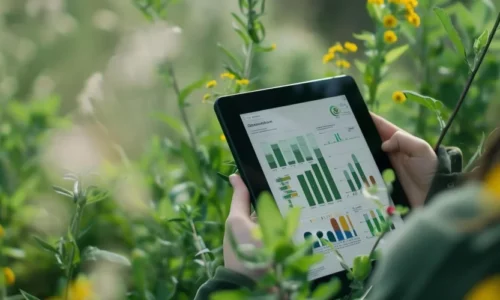
- ADeX
- June 15, 2024
Accelerating Agricultural Innovation with the ADeX Sandbox
The Agricultural Data Exchange (ADeX) is designed to revolutionise the agriculture sector by pr ..
